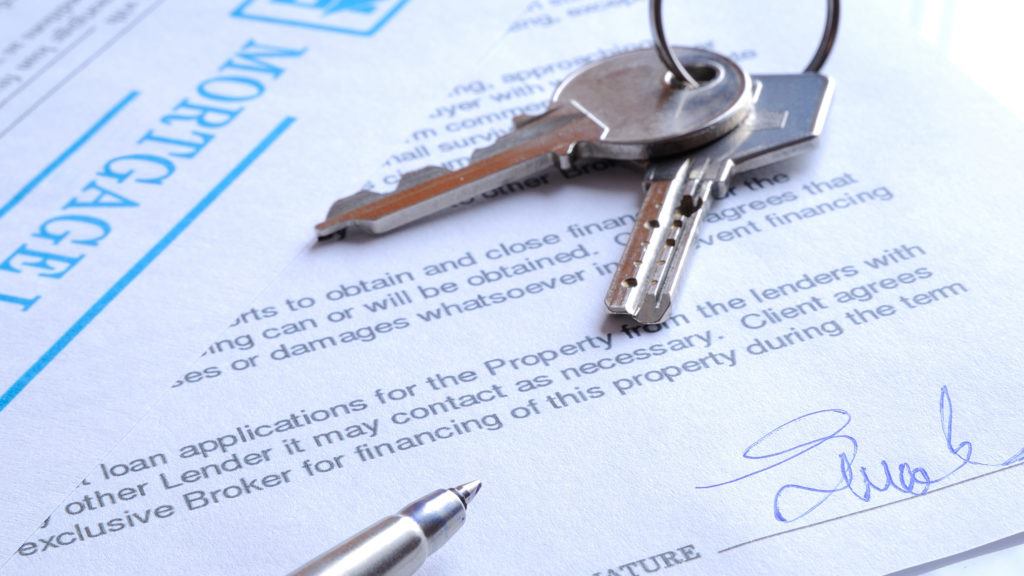Closing on a House Checklist: Things to Do Before Closing on a House: Massachusetts Homebuyer Homebuyers
When you’re a first-time home buyer approaching the finish line in the journey to your new home, you want nothing to go wrong, right? So, what are the things to do before closing on a house?
Lucky for you, we’ve put together a house closing checklist, which outlines your action points in those few days leading up to settlement.
Keep this home closing checklist handy to know you’ve done what you need to in order to close the deal.
What to do before closing on a house: The ultimate home closing checklist
1. Get all contingencies squared away
The first step on your house closing checklist should be to get all contingencies squared away. Most purchase agreements have contingencies—things that buyers must do before the real estate transaction is official, explains Jimmy Branham, a Coral Springs, FL, real estate agent at the Keyes Company. These are the most common contingencies that are part of your new home closing process:
- Home inspection contingency: This gives buyers the right to have the home professionally inspected. If something is wrong, you can request that it be fixed—or you can back out of the sale. It’s rarely advisable to waive an inspection contingency. Although the average home inspection costs $300 to $500, it’s a drop in the bucket considering the costly home issues you might uncover, says Claude McGavic, executive director of the National Association of Home Inspectors.
- Appraisal contingency: With this contingency, a third party hired by your mortgage lender evaluates the fair market value of the home. If the appraised value is less than the sale price, the contingency enables you to back out of the deal without forfeiting your earnest money deposit, says Bishoi Nageh, president of the Petra Cephas Team at Mortgage Network Solutions, in Somerset, NJ.
- Financing contingency: This contingency gives you the right to back out of the deal if your mortgage approval falls through. You have a specified time period, as stated in the sales contract, during which you have to obtain a loan that will cover the mortgage.
2. Clear the title
When you buy a home, you “take title” to the property and establish legal ownership—a process that’s confirmed by local public land records. As part of the closing process, your mortgage lender will require a title search, and you’ll need to purchase title insurance to protect you from legal claims to the house.
Sometimes distant relatives—or an ex-spouse—may surface with a claim that they actually own the home, and that the seller had no right to sell it to you in the first place. But clearing title will ensure this doesn’t happen, says Marc Israel, president and chief counsel of MiT National Land Services, a title company in New York City.
As the home buyer of this piece of real estate, you’re entitled to choose the title company. You can get recommendations from your real estate agent, mortgage lender, and friends—just be sure to check out the license and reputation of each company online.
3. Get final mortgage approval
You’ve made that down payment, but before you can go to the closing table, your home loan must go through the underwriting process. Underwriters are like real estate detectives—it’s their job to make sure you’ve represented yourself and your finances truthfully, and that you haven’t made any false or misleading claims on your loan application.
The underwriter—employed by your mortgage company—will check your credit score, review your home appraisal, and ensure that your financial portfolio has remained the same since you were pre-approved for the loan.
Since underwriting typically happens shortly before closing, you don’t want to do anything while you’re in contract that’s going to hurt your credit score. That includes making a down payment on a car, boat, or similar large purchase that has to be financed.
4. Review your closing disclosure
Another important item on your home closing checklist? If you’re getting a loan, one of the best ways to prepare is to thoroughly review your closing disclosure, also known as a HUD-1 settlement statement.
This official document outlines your exact mortgage payments, the loan’s terms (e.g., the interest rate and duration), and additional fees you’ll pay, called closing costs (which account for anywhere from 2% to 7% of your home’s price).
You’ll want to compare your closing disclosure to the loan estimate your lender gave you at the outset. If you spot any discrepancies, ask your lender to explain them.
5. Do a final walk-through
Most sales contracts allow buyers to do a walk-through of the home within 24 hours before closing. During this stage, you’re making sure the previous owner has vacated (unless you’ve allowed a rent-back arrangement in which they can stick around for a period of time before moving).
You’re also double-checking that the home is in the condition agreed upon in the contract. If your home inspection revealed problems that the sellers had agreed to fix, you’ll want to make sure those repairs were made.
6. Bring the necessary documentation to closing
One of the most important items on a home closing checklist? To make sure you have the following items when you head to the closing table:
- Proof of homeowners insurance
- A copy of your contract with the seller
- Your home inspection reports
- Any paperwork the bank required to approve your loan
- A government-issued photo ID (Note to newlyweds who just changed their name: The ID needs to match the name that will appear on the property’s title and mortgage.)
Plan to sign a ton of paperwork. An attorney or settlement agent will guide you through the process. When you’re done, you’ll collect the keys, and you’re finally home free!
The post Closing on a House Checklist: Things to Do Before Closing on a House appeared first on Real Estate News & Insights | realtor.com®.
Buyer’s Agents Explained
First Time Home Buying in Massachusetts
 MABA Buyer Agents help first time home buyers reduce the stress and frustration normally associated with buying a home or condo – especially for first time home buyers.
MABA Buyer Agents help first time home buyers reduce the stress and frustration normally associated with buying a home or condo – especially for first time home buyers.
As a first time homebuyer in Massachusetts, you can turn to our non-profit organization to help you understand and navigate the complexities of the entire Massachusetts real estate transaction, from mortgage pre-approval until you are handed the keys to your new home or condominium. Each of our member buyer's brokers and agents works only for their buyer-clients and never for the seller of the home or condo that their buyers want to buy.
MABA Buyer Agents will take the time to learn about you and your real estate goals, help you understand your options, including first time home buyer programs, properties and/or condominium associations, estimate real property values and put together a negotiating strategy to help you increase the odds of getting your offer accepted in our competitive Massachusetts real estate market. After advocating to get your offer accepted, your MABA buyer's agent will be there for you at your home inspection and help you protect your deposit through the inspection, purchase & sale and financing contingency periods.
You can buy your first home or condo with confidence knowing that your MABA buyer agent is committed to saving you time and money and helping you make your best home buying decision.
Article From: "Daniel Bortz" Read full article
Get Started with MABA
For no extra cost, let a MABA buyer agent protect your interests



